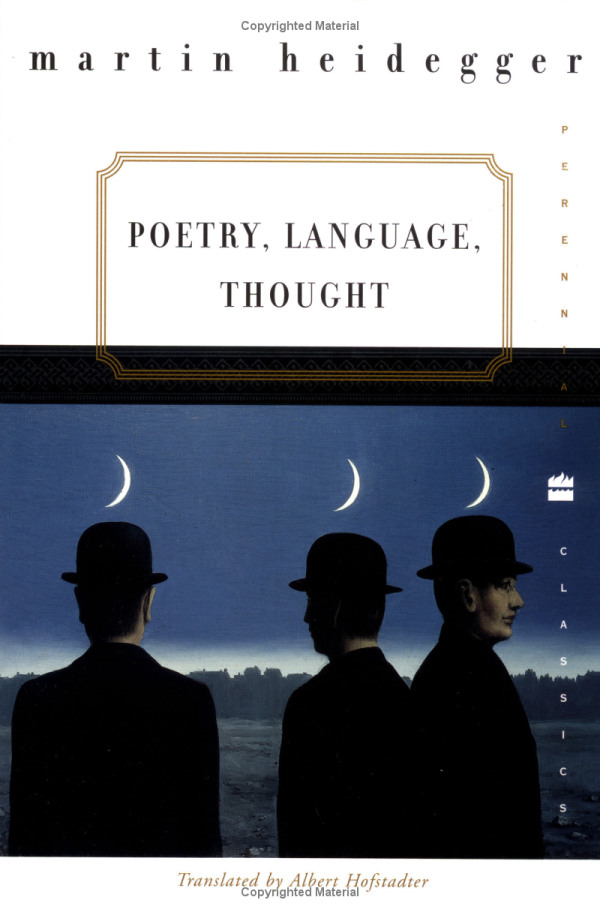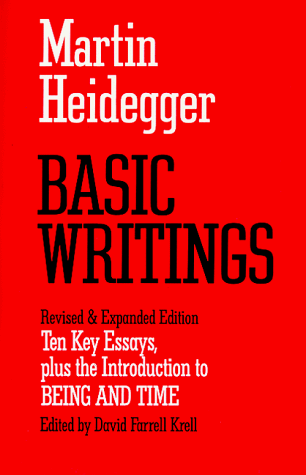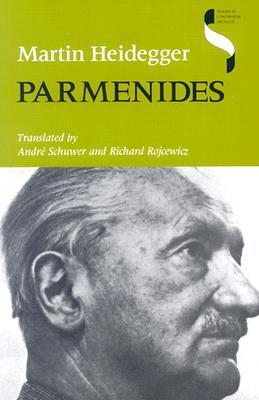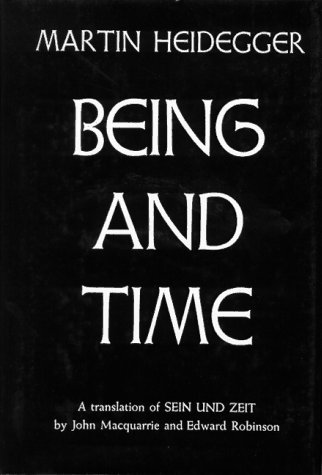
Poetry, Language, Thought
Book Description
Words hold secrets, waiting to be uncovered. In "Poetry, Language, Thought," Martin Heidegger dives into the profound connection between language and existence, revealing how poetry shapes our understanding of being. He challenges everything we thought we knew about communication, unveiling the hidden power of words to resonate deeply in the human experience. With each page, readers are drawn into a landscape where thought and emotion intertwine, igniting existential questions about identity and truth. Can language truly capture the essence of our existence, or does it merely veil deeper mysteries? Prepare to embark on a journey that will transform your perception of reality.
Quick Book Summary
"Poetry, Language, Thought" collects some of Heidegger's most influential essays, exploring the deep interconnections between language, poetry, and the nature of human existence. Heidegger argues that language is not just a vehicle for communication, but the very house of Being – it is through language that humans encounter and reveal the world. Poetry occupies a special place in this dynamic; it transforms language, allowing us to glimpse truths that ordinary prose obscures. The book leads readers into the heart of Heidegger's philosophy, challenging conventional understandings of art, truth, and thought. Through meditations on poetry, architecture, and words themselves, Heidegger invites us to reconsider how language shapes not just our reality, but our very way of being, raising profound existential and philosophical questions.
Summary of Key Ideas
Table of Contents
Language as the House of Being
Heidegger opens his reflections by declaring that language is more than a tool; it is the environment in which human existence unfolds. He famously contends that language is the "house of Being," suggesting that our understanding of reality is fundamentally shaped — and limited — by the words and structures we use. Rather than seeing language as a neutral medium, Heidegger positions it as the very space in which beings become intelligible, emphasizing the philosophical importance of how we speak and listen.
The Essential Role of Poetry in Revealing Truth
Poetry, for Heidegger, represents the highest form of language because it has the unique capacity to reveal truths concealed in everyday discourse. Poems, by their form and rhythm, open new possibilities of meaning, urging us out of habitual patterns of thought. Heidegger explores the way poetic language disrupts norms, allowing what was hidden to emerge and inviting us into a more authentic encounter with existence. Through close readings of poets like Hölderlin, he demonstrates how poetry can uncover dimensions of being that standard language cannot reach.
Art and Architecture as Modes of Unconcealment
Art — and especially architecture — is analyzed as an act of "unconcealment," a process by which hidden aspects of reality are brought into the open. Using the example of a Greek temple, Heidegger shows how a work of art can define a world, stabilizing meaning and providing a site for community. Art is not simply an object for aesthetic appreciation; it is a dynamic event that enables both creators and observers to dwell within truth. The artist, then, plays a crucial role in shaping how truth comes into the world.
The Limits and Potential of Human Thought Through Language
The essays also investigate the limitations and potential of human thought within the bounds of language. Heidegger warns against the dangers of technological thinking and reductive approaches to language that seek clarity at the expense of depth. In contrast, he advocates for a more thoughtful, patient engagement with words — one that appreciates ambiguity and multiplicity. This attitude, he claims, expands our ability to think meaningfully about existence, fostering genuine insight rather than superficial understanding.
The Interplay Between Speaking, Dwelling, and Thinking
Ultimately, Heidegger interweaves the acts of speaking, thinking, and dwelling, suggesting that the way we inhabit the world depends on how we speak about it. True dwelling involves participating in the ongoing revelation of being through language and art. By attending closely to the poetic capacities of speech and the foundational role of architecture, Heidegger urges us to become more attentive to how language both opens up and conceals the world. His meditations challenge us to live more thoughtfully, recognizing the transformative power of words shaping our sense of self, community, and truth.
Download This Summary
Get a free PDF of this summary instantly — no email required.





